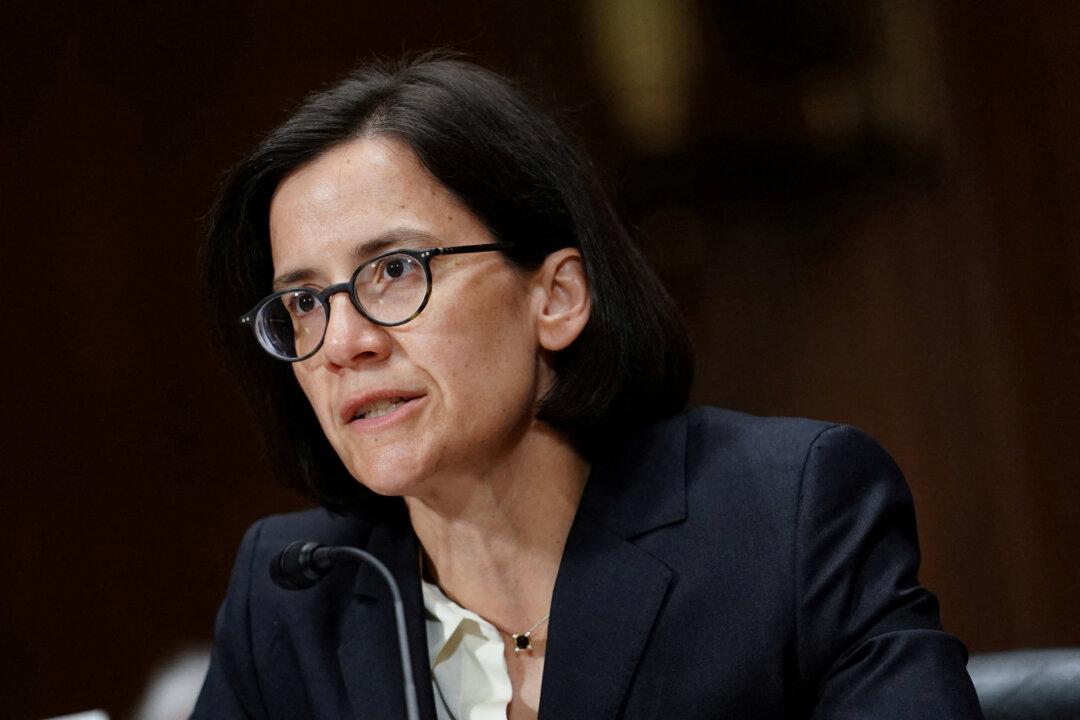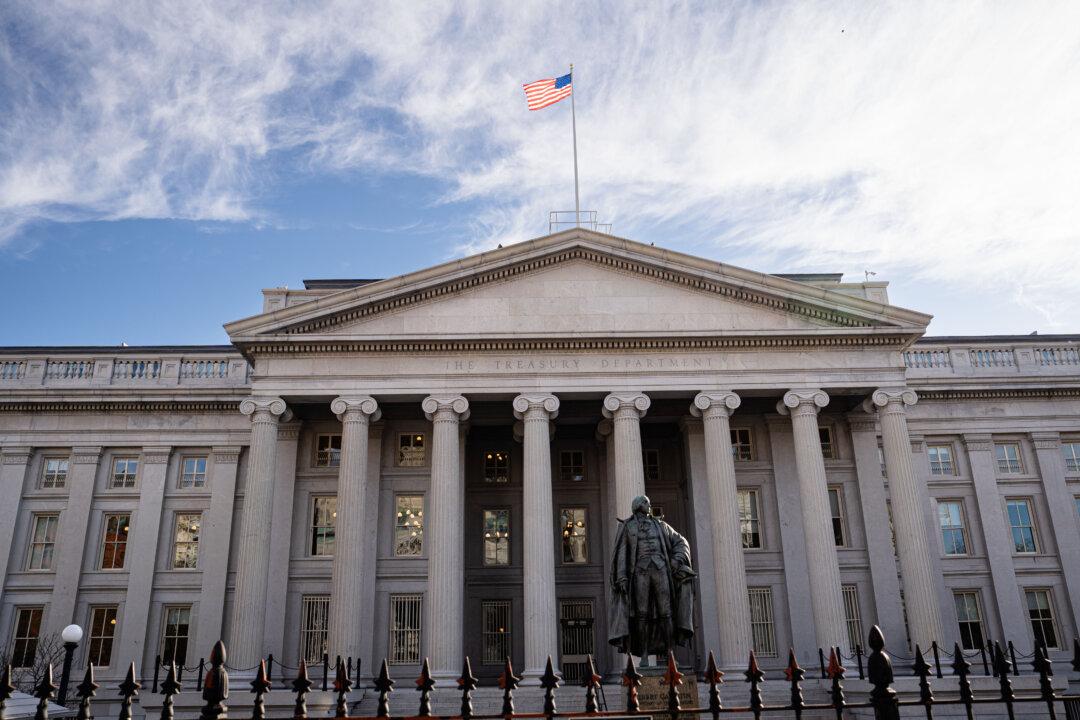U.S. President Joe Biden reaffirmed Tuesday that his administration is moving “strongly” to implement the Indo-Pacific strategy even as they deal with the ongoing Russia-Ukraine crisis.
He said that Russia’s “unprovoked and unjustifiable” war against Ukraine had threatened the core tenets of a rule-based international order, adding that all nations, regardless of size, have a right to their sovereignty.
“Even as we address the crisis in Europe, my administration is strongly supportive of moving rapidly to implement the Indo-Pacific Strategy that we’ve talked about,” Biden said, adding that his administration wants to ensure that the region remains “free and open.”
Biden said his discussion with Lee will cover the U.S.-ASEAN ties and the “freedom of the seas,” which appeared to refer to China’s military assertiveness in the disputed South China Sea.

The Biden administration unveiled its Indo-Pacific strategy in February, describing the region as the United States’ top strategic priority to push back against Beijing’s growing assertiveness.
Yasuhiro Matsuda, a professor of international politics at the University of Tokyo, said that Chinese leader Xi Jinping shared a point of view with Russian leader Vladimir Putin, and that both believe the West is in decline and ultimately useless for their aims.
“I think that their worldview might become more and more extreme,” Matsuda said in an interview with the Hudson Institute in early March. “The personal dictatorship is very dangerous.”
He noted that Xi might be concerned that China is being encircled by U.S. influence in Japan and Korea, and through security partnerships such as the AUKUS trilateral security pact between the United States, Britain, and Australia.
For that reason, Xi likely was looking to use Russia’s war in Ukraine to divert allied resources away from the Indo-Pacific region and toward Europe, and resist U.S. diplomatic and economic pressures.





